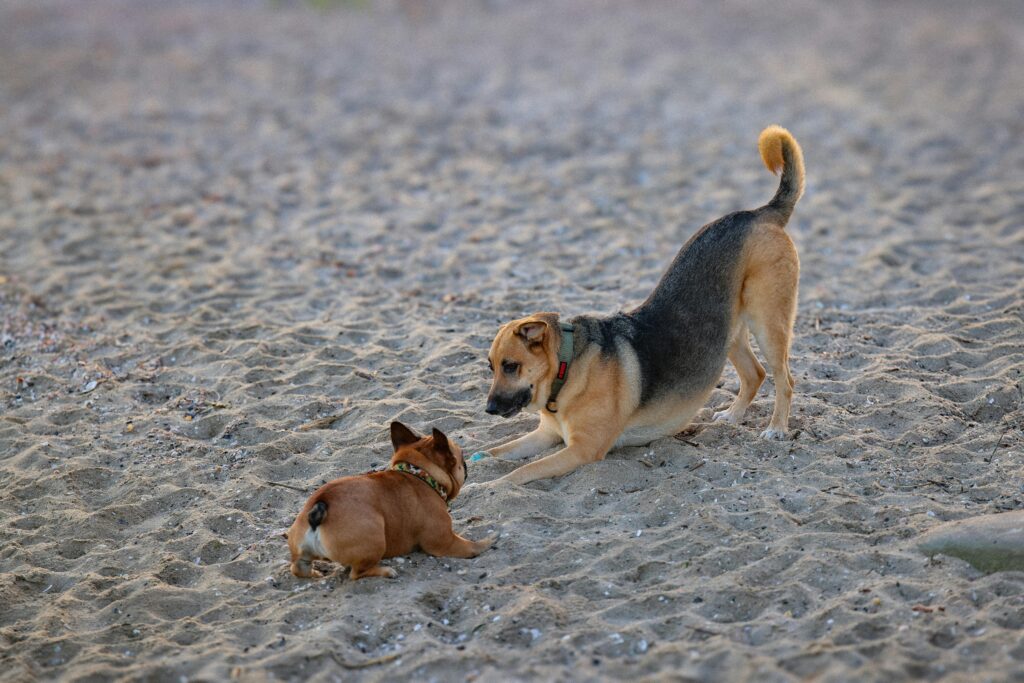
Feeding your puppy on a consistent schedule is one of the most important habits you can build early in their life. Puppies thrive on routine — it helps with digestion, behavior, potty training, and overall development. One of the most common questions new puppy owners ask is: What time should you feed a puppy in the morning and evening? Let’s break it down.
Why Feeding Times Matter for Puppies
Puppies are growing rapidly. Their tiny stomachs can’t handle large meals all at once, which is why they need multiple feedings throughout the day. When you set regular feeding times, you help regulate your puppy’s metabolism, prevent hunger-related behavior issues, and make house training much easier. It also gives you a clear window to monitor their appetite, bowel movements, and energy levels — all of which are key indicators of their health.
How Many Times Should You Feed Your Puppy?
Before we talk about exact times, it’s important to know how often puppies need to eat. This depends on their age:
- 8–12 weeks old: 3–4 meals per day
- 3–6 months old: 3 meals per day
- 6–12 months old: 2 meals per day
- Over 12 months: Transition to 2 meals per day, like an adult dog
If your puppy is very young or a small breed, they may need 4 small meals a day to maintain energy. Larger breeds can usually do well with three meals, gradually moving to two.
Ideal Morning Feeding Time
Most puppies wake up early — often with the sun — and they’re ready to eat soon after. A good rule of thumb is to feed your puppy within 15–30 minutes of waking up. If your puppy wakes around 7:00 a.m., aim to have their breakfast ready by 7:30 a.m. at the latest.
Morning feeding helps kickstart their metabolism and gives them energy to start the day. Puppies burn calories quickly, especially during early play and potty breaks, so don’t delay breakfast too long.
Best Evening Feeding Time
Evening meals should be planned with bedtime in mind. You don’t want your puppy to go to sleep on a full stomach, but you also don’t want them to be hungry at night. A good evening feeding time is about 3–4 hours before bedtime.
For example, if your puppy goes to bed around 10:00 p.m., dinner around 6:00–7:00 p.m. works well. This gives them time to digest, play, go potty, and wind down before sleeping.
Sample Daily Puppy Feeding Schedule
Here’s a basic schedule for a 3-month-old puppy on 3 meals per day:
- 7:00 a.m. – Wake up & potty
- 7:30 a.m. – Breakfast
- 12:30 p.m. – Lunch
- 6:00 p.m. – Dinner
- 10:00 p.m. – Final potty break & bedtime
If your puppy needs 4 meals, you can add a small mid-evening snack around 8:00 p.m., but avoid feeding them too close to bedtime unless advised by a vet.
Consistency Is Key
Once you set a feeding schedule, stick to it. Puppies love routine, and consistent meal times make everything else easier — from training to sleeping. Avoid free-feeding (leaving food out all day), especially when potty training. Scheduled meals mean scheduled potty breaks, which lead to fewer accidents in the house.
Tips for Feeding Time Success
- Use the same bowls and feeding area to create familiarity and focus.
- Give your puppy 15–20 minutes to eat, then remove the bowl — this helps prevent grazing habits.
- Monitor appetite daily — sudden changes may signal health concerns.
- Stick to high-quality puppy food with balanced nutrition appropriate for your puppy’s breed and size.
- Avoid overfeeding — follow vet recommendations or package guidelines based on your puppy’s weight.
What If You Can’t Be Home During the Day?
If your schedule makes a midday meal tough, consider using an automatic feeder or asking a neighbor, pet sitter, or doggy daycare service. Skipping a feeding for a young puppy can lead to crankiness, digestive issues, or even hypoglycemia in very small breeds.
When to Transition to Two Meals a Day
Most puppies are ready to switch to two meals a day around 6 months old. If your puppy seems uninterested in their midday meal or starts eating less at lunch, that’s a sign they’re ready. Transition slowly — combine smaller portions and adjust as needed to avoid upset stomachs.
Talk to Your Vet About Specific Needs
While general guidelines are helpful, every puppy is different. Some breeds grow faster, some have sensitive digestion, and others may need a more customized plan. Always ask your vet about the best feeding schedule and portion sizes for your pup.
Conclusion
If you’ve been wondering what time should you feed a puppy in the morning and evening, now you have a clear answer: early morning after waking up and early evening, a few hours before bedtime. By creating a consistent, balanced routine, you support your puppy’s growth, health, and happiness — while also making your own life easier.
Feeding time is more than just filling a bowl — it’s part of a nurturing routine that builds trust, teaches discipline, and keeps your puppy on track to becoming a well-behaved, well-loved member of the family.
